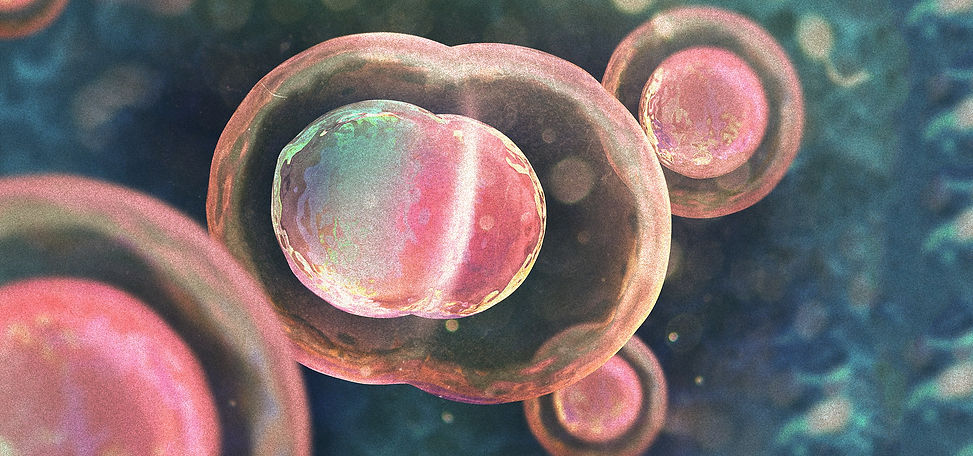Frontier Flux
Synthetic Biology and the Promise of Sustainable Socio-Economic Transitions in Regional Australia
This ethnographic study investigates the promise of synthetic biology and biomanufacturing for facilitating sustainable socioeconomic transitions in regional Australian communities.
Proponents present the use of synthetic biology in biomanufacturing— that is, the application of engineering principles to create novel biological systems for producing materials, chemicals, and energy— as a dual solution to revitalize Australia's manufacturing industry and decarbonize its economy. However, there has been little ethnographic research undertaken on the bio-manufacturing process itself and its impact on regional communities at the forefront of these scientific innovations.
This research builds on Alana's doctoral work on affective imaginaries of the frontier and rural boom-bust narratives by engaging with concepts of 'the future', affective structures of colonialism and capitalism, and scientific frontiers in regional areas. How do narratives of progress and loss, particularly nationalistic notions of 'the frontier', shape scientific and economic transitions in rural areas? How does the agency of more-than-human actors (e.g. landscapes, technologies, climate) co-produce experiences of scientific and economic change in decarbonisation contexts? How do rural communities navigate the tensions between traditional identities associated with carbon-based industries and emerging subjectivities in scientific and economic transitions? And what do promises have to do with this?
This project aims to produce evidence-based policy recommendations for fostering sustainable economic transition in Australia, identify potential transition barriers and mitigation strategies, and provide rich, contextualised understandings of how communities perceive and navigate decarbonisation transitions.
